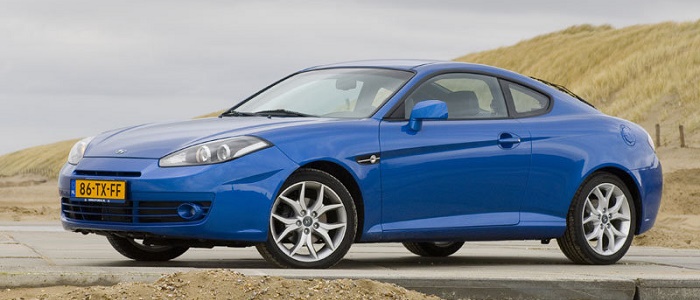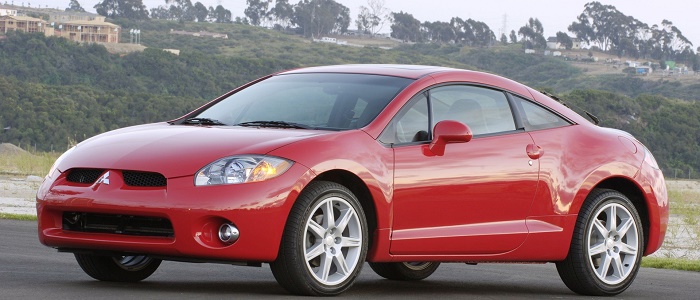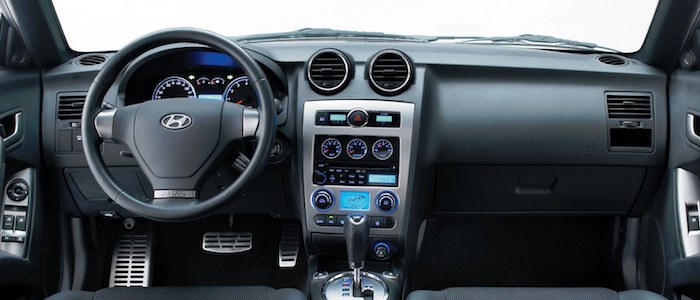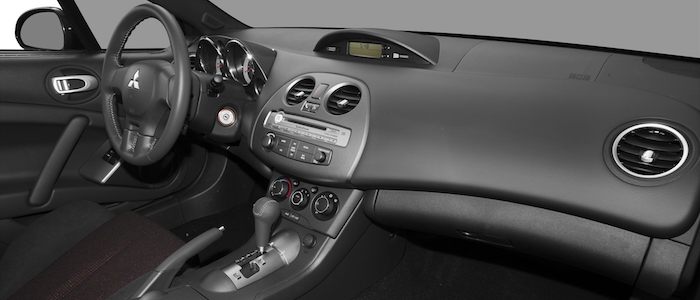Compare two cars
Compare any two cars and get our Virtual Adviser™ opinion
Marketing
Dimensons & Outlines
Engine
Performance (manual gearbox)
Performance (automatic gearbox)
Expenses
Virtual Adviser's™ opinion
Well, these are two pretty similar cars we have here! It's only details that could potentially make the difference. Considering they both belong to the sports car segment and utilize the same 3-door coupe body style and the front wheel drive system, it all comes up to the specific petrol engine choice they offer. The first one has a Hyundai-engineered powertrain under the hood, a 6-cylinder, 24-valves 167hp unit, while the other one gets its power and torque from a 4-cylinder, 16-valves 164hp engine designed by Mitsubishi.
SafetyUnfortunatelly, neither of the two vehicles was submitted to the European New Car Assessment Programme (Euro NCAP) testing. This makes it virtually impossible for me to pick one over the other and I'm generally against buying such cars as the safety should really always come first. Still, apart from the official crash test results there are other things we need to be aware of. Both vehicles belong to the sports car segment, which is generally classifying them somewhere in the middle safety-wise, still it doesn't help us solve our dilemma, does it? On the other hand, if we'd like to consider vehicle mass in this context too, which we definitely should, the Japanese car offers a considerable difference of 12% more metal.
ReliabilityI don't like generalizing things when it comes to reliability, although it does seem that Hyundai does have a slight advantage, all the models observed together. That's the official data, while our visitors describe reliability of Hyundai with an average rating of 4.5, and models under the Mitsubishi badge with 4.6 out of 5. The same official information place Coupe as average reliability-wise, and Eclipse is more or less at the same level.Above it all, drivers of cars with the same engine as the Korean car rank it on average as 3.0, while the one under the competitor's bonnet gets 5.0 out of 5.
Performance & Fuel economyHyundai is undoubtly more agile, reaching 100km/h in 1.2 seconds less than its competitor. In addition to that it accelerates all the way to 220 kilometers per hour, 5km/h more than the other car. When it comes to fuel economy the winner has to be the Korean car, averaging around 9.9 liters of fuel per 100 kilometers (29 mpg), in combined cycle. We can't ignore that 13% difference compared to the Japanese car.
Verdict
Mitsubishi appears just a bit more reliable, although the difference is truly marginal. The most important thing when deciding between any two vehicles should always be safety, both passive and active. In my opinion, everything taken into account, the Japanese car offers significantly better overall protection, taking the lead here. From there things take a different direction, with Hyundai being considerably quicker, thus putting more smile on driver's face. To make things even better, it consumps less fuel! I believe that, when we take all into account, we have only one winner here - the Hyundai. Anyway, that's the most objective conclusion I could've came up with and it's based solely on the information found on this website. Aspects such as design, practicality, brand value and driving experience are there for you to measure them out. I suggest you spend two more minutes in order to find out which car, based on your needs and budget, would be picked by the virtual adviser™, out of 12.000+ vehicles we currently have in our database.































